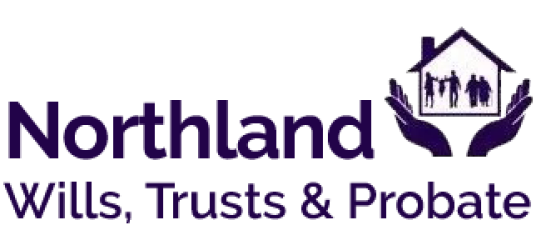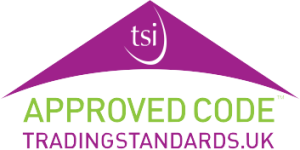Listen to us on ‘Mind your own business’ radio show at Koast FM
ITV’s Kate Garraway should definitely have had a Power of Attorney
COVID hospitalisation risks financial ruin
ITV’s Kate Garraway has revealed she faces financial difficulties as her husband Derek is still battling the effects of coronavirus, which he contracted back in March, despite now testing negative for the illness.
And now, Kate has opened up on the struggles she has faced as she continues to parent their 14-year-old daughter Darcey and 11-year-old son Billy by herself.
While the 53-year-old has said she is coping well with family life it’s is the financial side that she is finding is becoming more of a problem as time goes on.
Kate has opened up about the issues she has found since Derek was taken ill, as it his name on the bills and on insurance policies, leaving Kate finding it hard to speak about them as she is not the named person.
Speaking on Good Morning Britain on Monday, Kate said: “One of the practical problems – which a lot of people would’ve experienced if they’ve got the absence of someone in their life – like many things the car is entirely in Derek’s name, the insurance is in Derek’s name, a lot of our bank accounts.
“There are a lot of financial goings that I’ve talked to you both about going on, which is making life very complicated because I can’t get access to things.”
Kate continued to reveal the problems she is facing: “Because legally I haven’t got power of attorney. And all this other stuff that goes on when you’re dealing with a situation where someone’s been sick for a long time.”
With a Power of Attorney of course this would have simply been avoided!
Source: Daily Record
Did you know the Inheritance Tax (IHT) rate is 40%?
Will I need to pay Inheritance Tax (IHT)?
If your assets are over the Nil rate Band which is currently £325,000 then YES. This includes any assets held anywhere in the world, or given away within 7 years of your death.
But there is an additional allowance called the Residence Nil Rate Band which allows you to gift another £175,000 tax-free to a child, stepchild or other ‘lineal descendant’ such as a fostered child. The rules surrounding this are quite complicated and you should really seek advice relating to your personal circumstances.
There are other things you can do to save having to pay IHT:
- Spend it all now
- Make a Will and leave it to your spouse or civil partner – it becomes taxable on their death but they have a chance to spend it first
- Give your income away
- Make a £5,000 wedding gift to children
- Give £3,000 away each year
- Die on active military or police service
- Release equity from your home and spend it now
- Put it into a Discretionary Trust and reduce the tax rate
- Give it away to get below the tax threshold and live 7 years
- Invest in certain qualifying shares and you only need to live only 2 years
As Roy Jenkins, then Chancellor of the Exchequer, famously said Inheritance Tax is “a voluntary levy paid by those who distrust their heirs more than they dislike the Inland Revenue.”
In other words, it is easy to get out of, but you MUST start planning early. IHT planning shouldn’t be put off until think you ought to start thinking about it – you should do it now to maximise the legal mitigation opportunities that are available to you.
Does a Will need Probate?
Probate is the process of getting AUTHORITY to follow the directions of a Will and is needed in most cases.
Probate
An Executor usually needs to apply for a Grant of Probate; especially where property or assets worth more than £5,000 are involved. Some banks have a higher ‘floor limit’ so it’s worth checking with them first. Obtaining a ‘Grant of Probate’ involves swearing an oath and this is how you gain legal permission to act as directed by the Will. The first thing to know is that you should not panic or worry about Probate. It is a slow process that usually takes on average 9-12 months.
Estate Administration – this is often referred to as ‘probate’ but is the next stage
Once probate has been granted, the next step is dealing with a person’s legal and tax affairs, however the whole process is often incorrectly referred to as probate.
Acting under the Grant of Probate, the Executors need to perform many important tasks, such as dealing with all of the deceased’s property and possessions, settling any debts and transferring whatever is left to the beneficiaries.
The death of a loved one is an emotional and painful time for everyone, and family conflict is not uncommon. Arguments do arise over who should be given what and whether assets should be sold quickly or held back to realise a higher price.
For more information why not chat to us online or give us a call on 01670 788200










